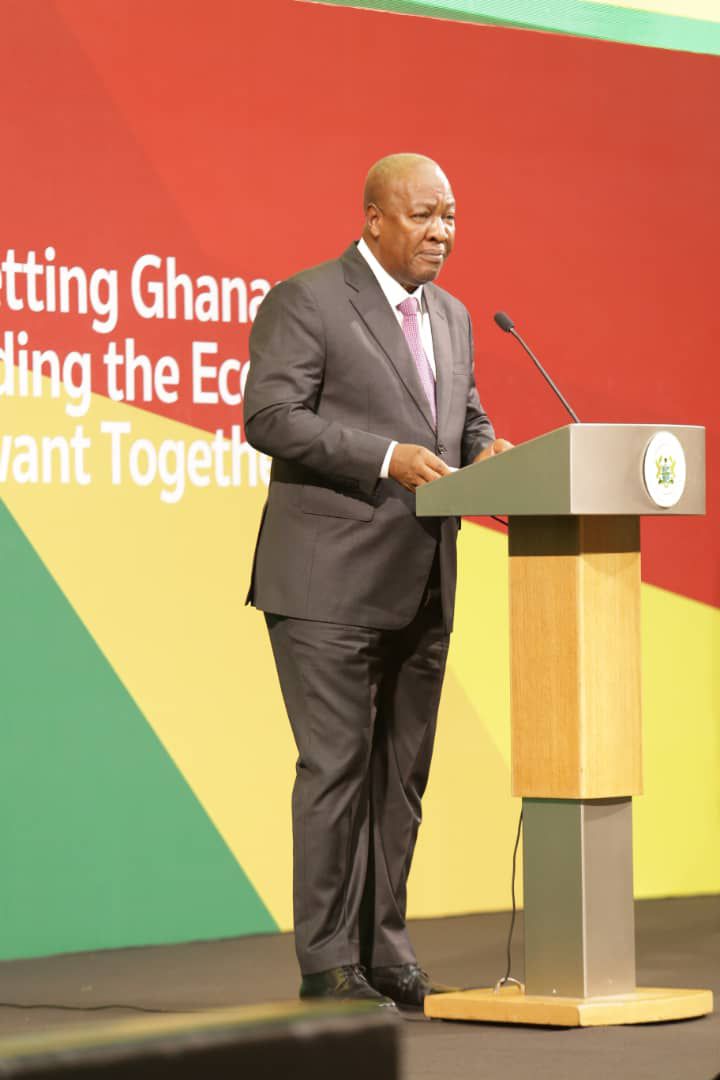
Ghana’s real estate sector is a dynamic landscape poised for growth, yet fraught with challenges that demand urgent attention.
With rapid urbanization and a growing population driving housing demand, the country faces an estimated deficit of 1.8 million housing units.
For industry players, investors, and policymakers, the pressing question is: How can these challenges be transformed into opportunities to foster sustainable growth and profitability?
The affordability conundrum
The housing affordability crisis remains a major stumbling block for the industry. While urban areas like Accra and Kumasi dominate demand, the rising cost of living makes affordable housing inaccessible for many, especially those in low- and middle-income brackets.
Developers often find themselves grappling with skyrocketing construction costs and limited financing options for both themselves and potential homeowners.
The lack of access to mortgage financing further complicates the issue. Ghana’s mortgage penetration rate remains one of the lowest in Africa, leaving millions of aspiring homeowners without viable pathways to property ownership.
For stakeholders, this presents an opportunity to innovate around cost reduction, financing models, and scalable housing solutions tailored to the broader market.
The rise of informal settlements
A significant portion of Ghana’s urban housing deficit is absorbed by informal settlements, where makeshift structures house families under dire conditions.
These settlements expose systemic issues in urban planning and infrastructure development. Overcrowding, inadequate sanitation, unreliable electricity, and limited access to clean water paint a grim picture of inequality in Ghana’s real estate sector.
Developers and policymakers must see this as more than just a socio-economic issue; it is a market opportunity. Transforming informal settlements through affordable housing projects can yield long-term economic and social benefits. Investors with a vision for large-scale urban renewal can tap into this underserved segment while addressing a critical national need.
Land tenure: the silent barrier
One of the most challenging aspects of Ghana’s real estate landscape is its complex land tenure system. Disputes over land ownership, fragmented administration processes, and the lack of centralized records deter private investment and slow down housing delivery. Developers often face delays and financial losses due to unresolved land disputes.
Reforms in land administration, including digitizing records and streamlining ownership verification processes, are essential. Real estate stakeholders who advocate for and support such reforms will not only unlock bottlenecks in the industry but also build trust with investors and clients.
Opportunities on the horizon
Despite these challenges, Ghana’s real estate sector is teeming with opportunities for growth, driven by both government initiatives and private-sector innovation.
The National Housing Policy exemplifies the government’s commitment to affordable housing by encouraging public-private partnerships. Projects like the affordable housing developments in Tema and Saglemi, though not without their hurdles, demonstrate the potential of large-scale interventions to close the housing gap.
Private developers are increasingly exploring cost-saving and sustainable construction techniques. The use of alternative materials like bamboo and compressed earth bricks offers significant cost advantages and environmental benefits. Modular construction, which enables faster and more efficient building processes, is gaining traction as developers seek to reduce overheads and improve project delivery timelines.
For the forward-thinking investor, these innovations present lucrative avenues for collaboration and expansion. Developers can also capitalize on Ghana’s growing appetite for green technology by incorporating energy-efficient designs and eco-friendly construction practices.
Technology: revolutionizing real estate
The integration of technology into Ghana’s real estate market is reshaping how properties are developed, marketed, and sold. Digital platforms are bridging gaps in property transactions, offering increased transparency and simplifying the buying and renting process. Online marketplaces and mobile apps now connect buyers with developers and landlords, expanding access to housing options beyond urban centers.
Moreover, innovative financing models like rent-to-own schemes and low-interest microloans are redefining affordability. These models empower low- and middle-income earners to transition from renters to homeowners, broadening the scope of real estate investments.
Collaboration: the key to sustainable growth
Collaboration is paramount to solving Ghana’s housing challenges. Stakeholders across the public and private sectors must align efforts to create a conducive environment for housing development. Streamlining land acquisition, offering tax incentives for sustainable projects, and enhancing urban planning are key areas for cooperation.
Civil society organizations can also play a critical role in advocating for inclusive housing policies. By bridging the gap between marginalized communities and policymakers, these groups ensure that real estate development addresses the needs of all Ghanaians, not just the privileged few.
A call to action
Ghana’s real estate sector is at a pivotal moment. While challenges like affordability, informal settlements, and land tenure complexities persist, they also present opportunities for innovation and growth. As industry stakeholders, the responsibility lies with us to leverage these opportunities for transformative change.
At Housing in Ghana Magazine, we are committed to driving conversations that matter in the real estate sector. By spotlighting challenges, celebrating success stories, and championing sustainable solutions, we aim to inspire a collective effort toward a better housing future for all Ghanaians.
The road ahead is not without obstacles, but the potential rewards—for individuals, businesses, and the nation—are immense. Together, let’s build a real estate landscape that thrives on innovation, inclusivity, and resilience.
>>>Housing in Ghana magazine is a publication under the Housing in Ghana Foundation, an organization that is committed to promoting and facilitating access to quality housing solutions across Ghana. The bi-annual magazine publication serves as a comprehensive guide for individuals, families investors as well as other key industry players seeking information on real estate trends and news, property listings and investment opportunities within the country. Email: [email protected] 055544465 | 0599663344
The post The real estate landscape: Challenges, opportunities, and the path forward appeared first on The Business & Financial Times.
Read Full Story









Facebook
Twitter
Pinterest
Instagram
Google+
YouTube
LinkedIn
RSS